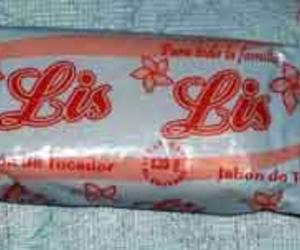New Fragrances for the Cuban Soap Industry
- Submitted by: manso
- Business and Economy
- 07 / 12 / 2011

2011.07.11 - 15:36:08 / radiorebelde.icrt.cu / Havana, Cuba.- The average Cuban citizen prefers the perfumed soap, which widely differs from the current tendency on the issue all over the world.
Adriana Escoriza Martínez, Technical Director of the Suchel Fragrance enterprise, explained that the local brands of soaps Nácar and Batey stopped being commercialized in the local free market as in the case of Nácar, it had an almond´s penetrating smell and some persons complained about their skin´s irritation.
Therefore, that fragrance was replaced by a floral one that is labeled today as Lis.
The Cuban specialist thinks that soaps should not smell so much let alone to darken other smells coming from a perfume, a soap and hydrant creams. Otherwise, their fragrance could interfere with other fragrances. However, the Cuban market does not understand or abide by this rule, unfortunately.
To meet this market, the Suchel Fragrance enterprise offered a four-smell proposal to the Ministry of Interior Commerce for them to pick up one of them, then after a painstaking survey with the clients, one of those smells was selected and since February it is produced and commercialized, although there are still lots of products in the market with the previous fragrance and chemical formula.
The plants that are used to extract the chemical products for the cosmetic industry are also in crisis, along with the financial risk of the process for our nation.
Therefore, In Cuba the effort is focused on achieving a fragrance that covers the cost of its production due to the great majority of the raw material used in this industry is extremely expensive.
The Suchel fragrance industry is supported by world-class providers that facilitate economical and high-quality fragrances. Besides, it is only produced an oil in our nation in Jaguey Grande in Matanzas province although it is not often used due to its characteristics. By Hilia Tamayo Batista
Translated by: Juan Carlos Caballero Puig
Comments